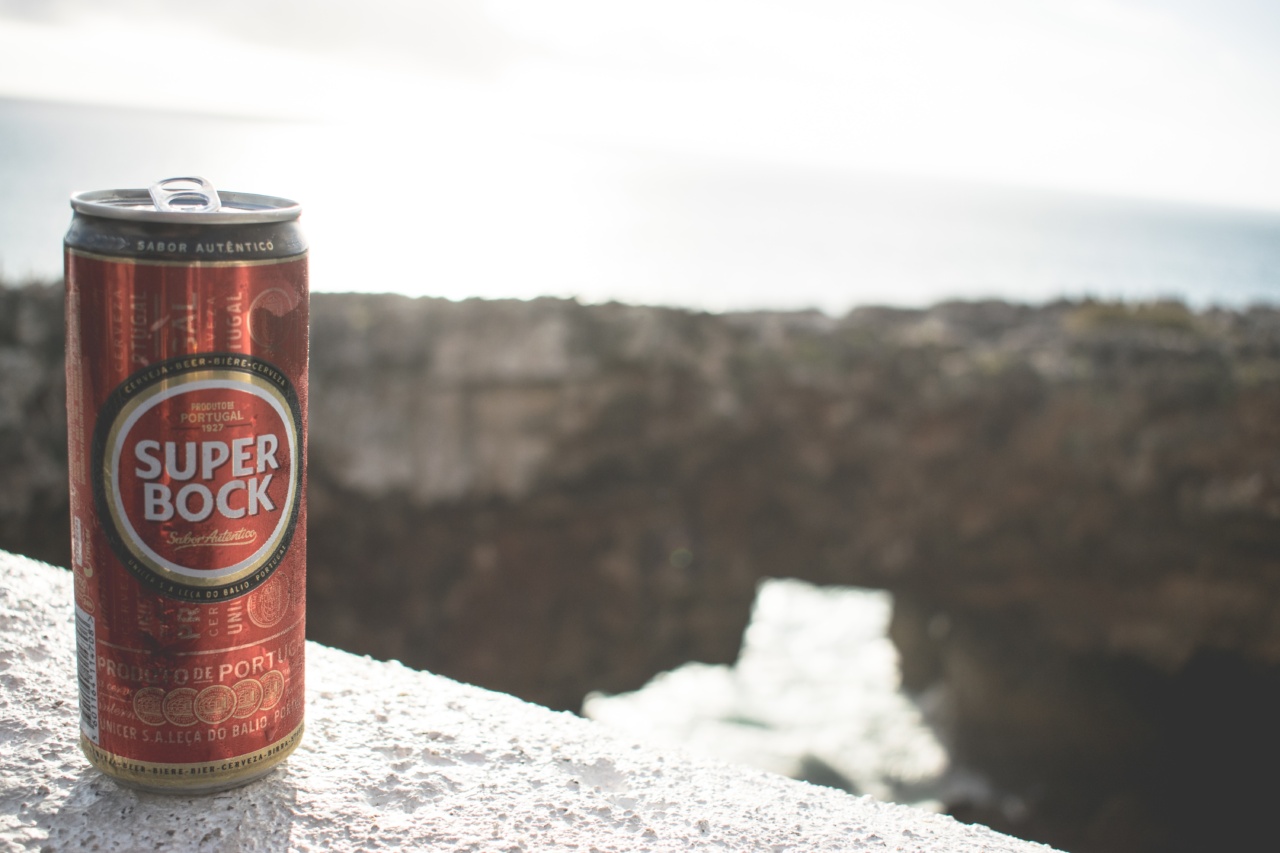Hemorrhoids, also known as piles, are swollen and inflamed blood vessels in the rectum and anus that can cause discomfort, pain, and itching.
While various factors can contribute to the development of hemorrhoids, one question that often arises is whether hot weather can exacerbate their symptoms. In this article, we will explore the connection between hot weather and hemorrhoids, and discuss some tips for managing this condition during hot summer months.
Understanding Hemorrhoids
Hemorrhoids can occur internally or externally, and they are often caused by increased pressure in the rectal veins.
This pressure can be the result of straining during bowel movements, pregnancy, obesity, sitting for prolonged periods, or chronic constipation or diarrhea.
Typically, hemorrhoids are characterized by symptoms such as rectal bleeding, itching, pain, and discomfort. They can make everyday activities, such as sitting or going to the bathroom, a painful experience.
The Impact of Hot Weather on Hemorrhoids
While hot weather itself does not directly cause hemorrhoids, it can contribute to the worsening of symptoms or make them more uncomfortable. Here’s how:.
1. Dehydration and Constipation
In hot weather, individuals are more prone to dehydration due to increased sweat production and higher fluid loss. Dehydration can lead to constipation, which is a common trigger for hemorrhoid flare-ups.
When stools are hard and difficult to pass, straining during bowel movements can put extra pressure on the blood vessels in the rectum, exacerbating hemorrhoidal symptoms.
2. Increased Blood Flow
In hot weather, blood vessels tend to dilate in an effort to cool the body down, resulting in increased blood flow to various parts of the body. The additional blood flow can contribute to the swelling of hemorrhoids and intensify discomfort.
3. Excessive Sweating
Hot weather often leads to excessive sweating, particularly in the anal region. Sweat can irritate the skin and exacerbate itching and inflammation associated with hemorrhoids.
4. Sedentary Lifestyle
In the summer, people often prefer relaxing indoors or lounging by the pool, leading to a more sedentary lifestyle.
Prolonged sitting or lying down can put extra pressure on the rectal veins, increasing the risk of hemorrhoid development or worsening existing hemorrhoids.
Managing Hemorrhoids in Hot Weather
While it may be challenging to escape the hot weather, there are measures you can take to manage and alleviate hemorrhoid symptoms during the summer months. Here are some strategies to consider:.
1. Stay Hydrated
Drinking an adequate amount of water throughout the day can help prevent dehydration and maintain healthy bowel movements. Aim for at least eight glasses of water per day to promote softer stools and reduce the risk of constipation.
2. Eat a Fiber-Rich Diet
Include high-fiber foods in your diet, such as fruits, vegetables, whole grains, and legumes. Fiber adds bulk to the stool, making it easier to pass and reducing the need for straining during bowel movements.
3. Practice Good Bathroom Habits
Avoid straining during bowel movements by not forcing or rushing the process. Take your time, and if needed, try using a stool softener or fiber supplement to make passing stools easier.
Additionally, consider using moist toilet wipes rather than dry toilet paper to avoid further irritation.
4. Take Sitz Baths
Soaking in warm water for about 15 minutes several times a day can help soothe the discomfort associated with hemorrhoids. Sitz baths, available at most pharmacies, can be placed over the toilet seat, making them convenient to use.
5. Wear Loose and Breathable Clothing
Choose lightweight, loose-fitting clothing made from natural fabrics, such as cotton, to allow proper airflow and minimize sweating in the anal area. Avoid tight clothing that may constrict blood flow and exacerbate symptoms.
6. Stay Active
Engage in regular physical activity to promote healthy bowel movements and improve blood circulation. Activities like walking, swimming, and yoga can help prevent constipation and reduce the chances of hemorrhoidal flare-ups.
7. Seek Medical Attention if Needed
If your hemorrhoid symptoms persist or worsen despite self-care measures, it is important to consult a healthcare professional.
They can provide appropriate treatment options, such as topical creams, oral medications, or minimally invasive procedures to alleviate your symptoms.
Conclusion
While hot weather does not directly cause hemorrhoids, it can contribute to their exacerbation or discomfort. Factors such as dehydration, increased blood flow, excessive sweating, and sedentary behavior can all play a role.
By following the strategies mentioned above and prioritizing self-care, you can help manage hemorrhoid symptoms during hot summer months. Remember to consult a healthcare professional for personalized advice and treatment if necessary.































